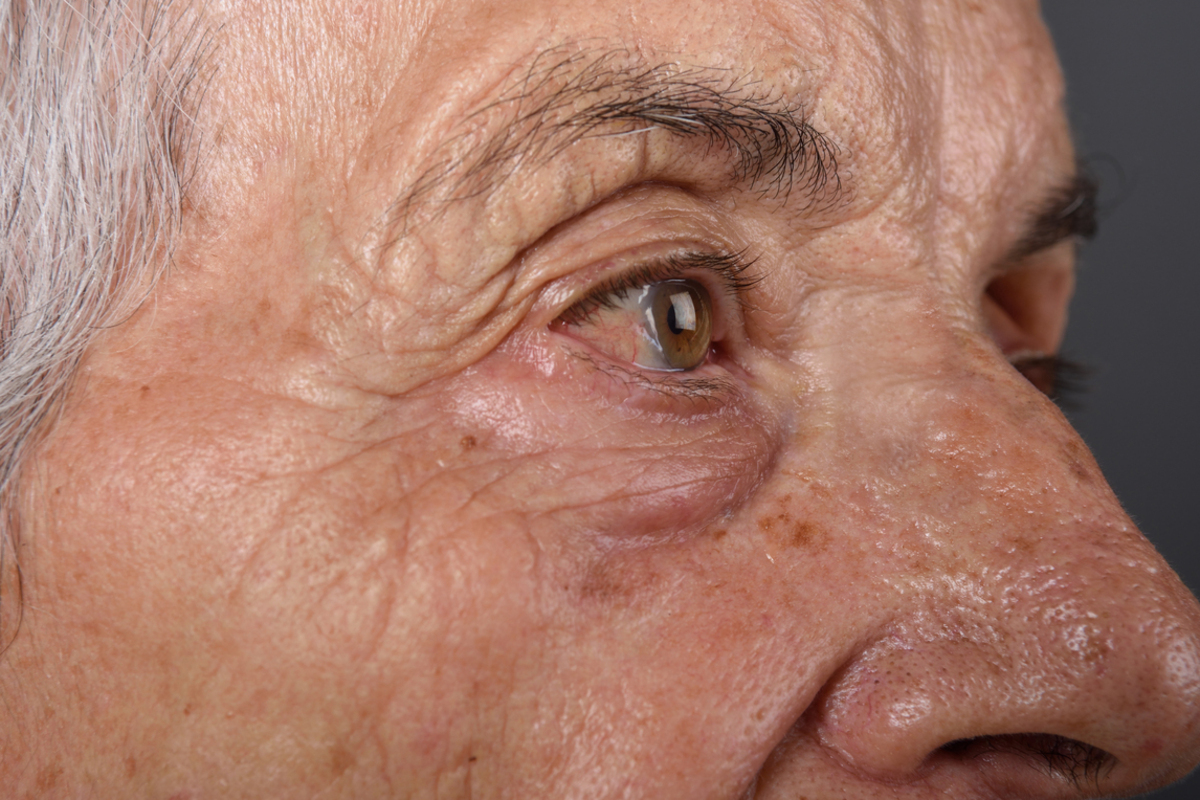Have you been diagnosed with Alzheimer’s disease, or someone you know? Then, there's a good chance you have already come across a gauntlet of therapies and treatments claimed to be beneficial in preventing or reducing symptoms of the disease.
Just because a therapy or supplement is advertised as helpful does not mean you should believe these claims. Numerous supposedly beneficial products were found to be completely ineffective.

What is coral calcium?
Coral calcium is an interesting compound to cover today, because of its extensive history as an alternative therapy for various ailments. It was promoted heavily in the last few decades as part of a specialized "alkaline diet" that was supposedly beneficial. The proponent of this diet was Robert Barefoot. He was able to market and sell his brand of coral calcium for a price point that was over 15 times higher than normal calcium supplements found in any local pharmacy, and gained further notoriety from Times magazine as being "one of the most successful scam artists of our age".
Coral calcium is typically considered to be a dietary supplement but as of this moment, there are absolutely no scientific studies that prove it to be effective at fulfilling this claim.
Some supplements containing coral calcium were recently investigated by the US Food and Drug Administration, and it was determined this kind of calcium is unlikely to have any medical benefits. Companies attempting to profit from the sale of these supplements were fined over 20 million dollars for false advertising and instructed to stop advertising the products using unfounded health claims.
Does coral calcium actually help prevent Alzheimer’s disease?
It should be pretty obvious at this point, but I would not encourage coral calcium supplementation for any health benefit whatsoever. Cheaper brands of calcium can be used and are far more environmentally-friendly than calcium potentially harvested from coral. In short, avoid packaging labeled as "coral calcium".
Based on what we already know about cell physiology, when proteins are created, calcium is a very important component in the development of the shape of the protein. The intercellular structure responsible for this is known as the endoplasmatic reticulum and the construction of a protein depends on intracellular calcium to activate the process.
One theory that attempts to explain why proteins begin to be misshapen as we age is due to a decline in the body's concentration of calcium. Calcium levels will normally decline, and this is a key reason why we are at a higher risk for conditions like osteoporosis at an older age. This could also be a reason why proteins are no longer folded in the proper way. Alzheimer’s disease occurs due to an accumulation of these damaged proteins inside of the brain. The proteins act like toxins when they are not able to function properly and begin to cause the brain to under-perform and eventually, shrink.
Drugs are currently being developed to determine whether regulating this pathway could actually reduce the development of these proteins but it seems we have a long way to go before we have something we could definitively benefit from.
What may further delay any progress in this drug development could be rooted in the results of another investigation. In this study, women were given calcium supplements to determine if there was any impact on the development of future dementia. Women who regularly ingested calcium were actually about two times more likely to develop dementia compared to those who did not take calcium.
Some of the reasons that could explain why calcium may actually increase your risk of developing dementia would be due to the impacts excessive calcium may have on our blood vessels. Calcium can be damaging to the sensitive walls of our arteries. This damage will be more obvious in smaller vessels — like those found in the brain. Because of this, patients have a much higher incidence of vascular dementia compared to patients not on calcium.
One important limitation of this study is the fact that only 100 women were actually tested on calcium supplementation compared to 500 not taking the supplement. With such a small sample size, it is hard to draw complete conclusions on this data but largely studies have so far shown similar results but with a smaller risk.
As more research is underway to understand the mechanism, we are learning that calcium does have an important role in the brain but intracellular calcium is something very different compared to the extracellular calcium we ingest in the form of supplements.
Even with calcium supplementation, most of the calcium is not absorbed into the body but even a slight increase in levels of calcium inside our body could alter the balance of calcium inside and outside of our cells.


Your thoughts on this